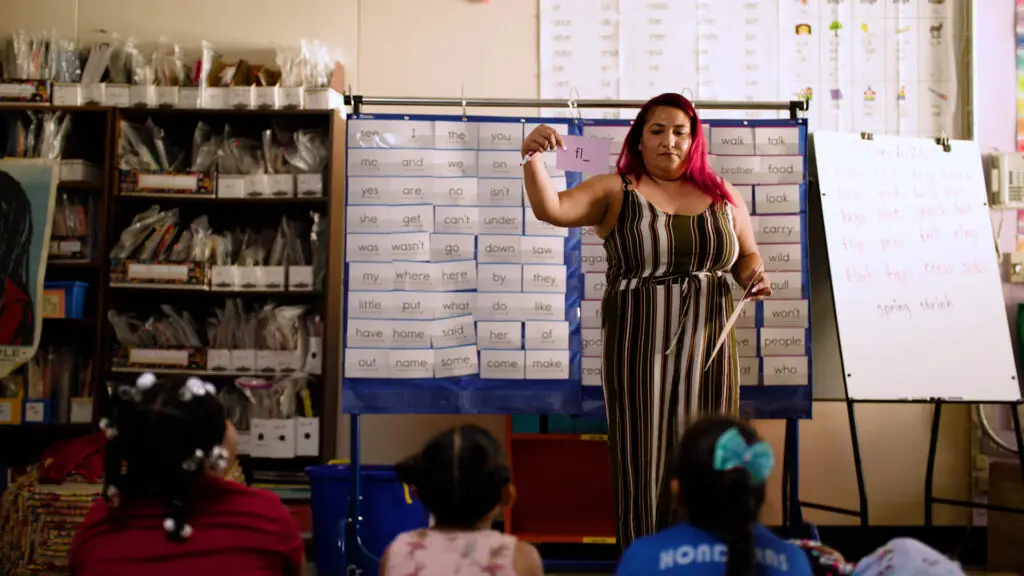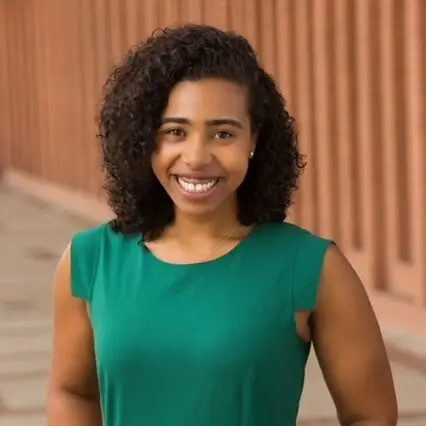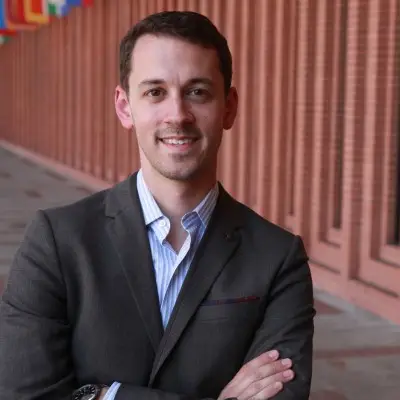High-quality tutoring has become a critical tool for addressing pandemic learning gaps and accelerating student learning, but access to tutoring programs remains an issue. CRPE took a deep look at how Oakland Unified School District (OUSD) designed and implemented a literacy program with embedded tutoring support from community partners—and the impact the effort had on the tutors, students, and teachers.
This report presents findings from our in-depth look at early literacy tutoring in OUSD. We set out to understand the key features of the literacy tutoring program in practice, to examine the school- and district-wide conditions that shaped its efficacy and sustainability, and to explore how tutoring shaped students’ literacy outcomes.
Key Findings
- Early literacy tutors allowed schools to offer significantly more differentiated literacy instruction, enabling educators to better tailor instruction to student needs.
- As a testament to the importance of implementation, literacy gains made by tutored students varied dramatically—from a low of 79% to a high of 188% of typical growth.
- Teachers, tutors, coaches, and school leaders reported that staffing, facilities and scheduling constraints made it difficult to optimize the work of early literacy tutors and some promising practices—such as tutor specialization—had yet to be systematized.
- Inadequate pay remained a critical obstacle to recruiting and retaining early literacy tutors. While many tutors were motivated to contribute to the work of early literacy, low pay was frequently cited as a challenge that undermined their commitment to the role.
OAKLAND REACH Case Study
We’ve also released a complementary case study, Communities in the driver’s seat: Intensive training, deep investment power parent-led literacy programs in Oakland. This case study describes The Oakland REACH’s Literacy Liberator Model and Fellowship, which identifies and recruits family and community members to be effective literacy instructors in partnership with OUSD and the literacy nonprofit FluentSeeds.







Don’t Just Engage Families: Liberate Them
Lakisha Young
Founder & CEO, The Oakland REACH